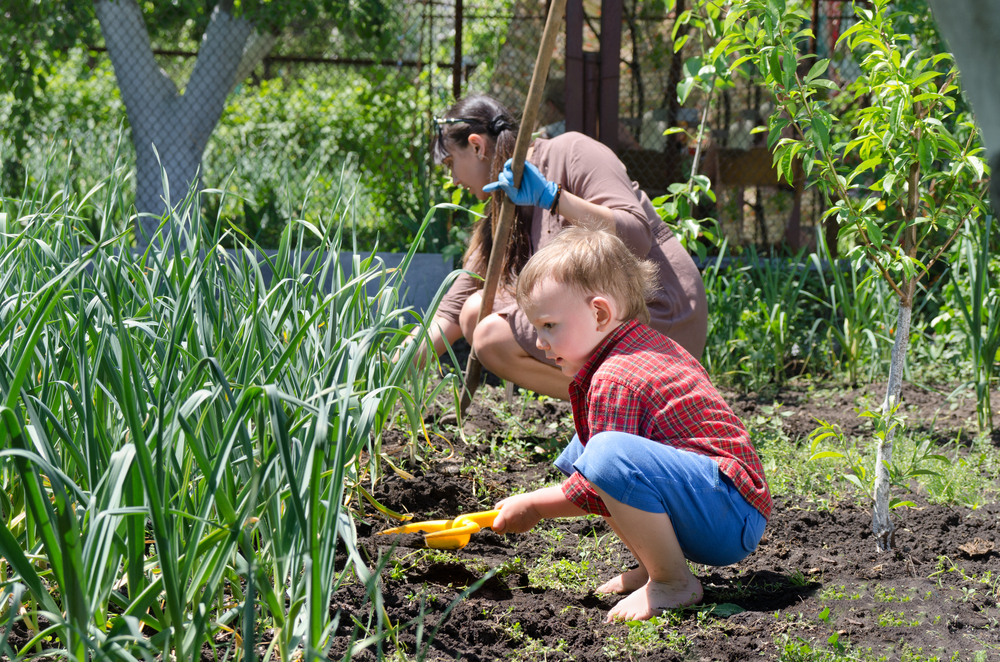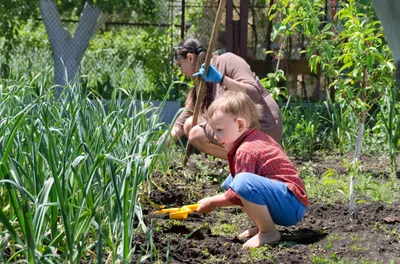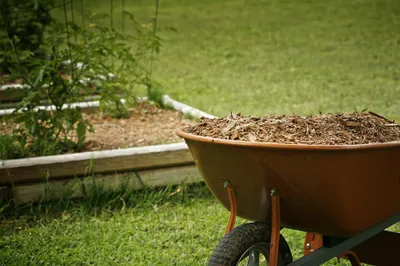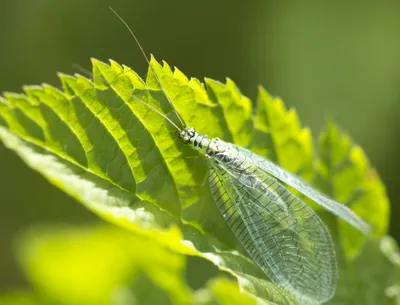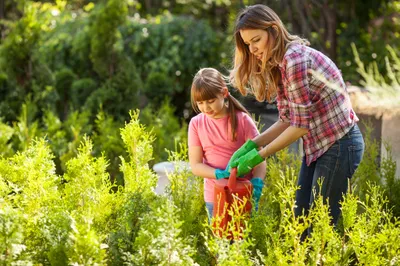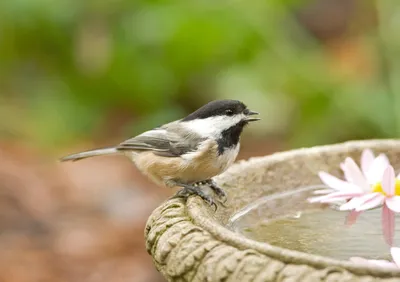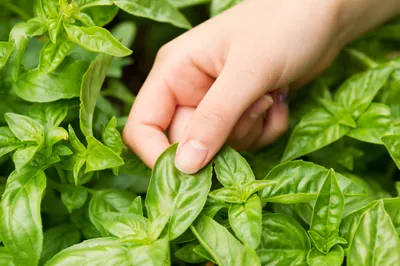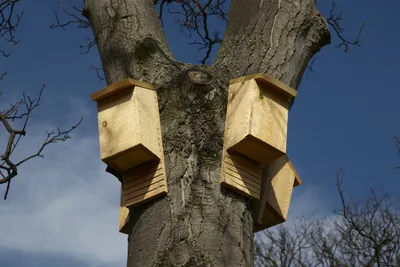Insects, birds, slugs, and rodents are considered garden pests for valid reasons. They wreck havoc on crops and flowerbeds. However, as much as you don’t want them around, using toxic pesticide’s can have equally damaging effects on your health and the environment.
Instead, you can turn to effective natural pest prevention methods, like these…
1. Tidy Up Your Garden
Clutter is like a dream come true for garden pests. They love to hide and dine to their hearts’ content in overgrown or bolted garden beds with the added security of dense crop debris to shield them from their natural predators. Leave pests no where to hide by removing infested plants on sight and trimming back spent plants after they’ve finish yielding for the season.
2. Mulch Things Up
Mulch does so many good things for your garden. In addition to infusing the soil with beneficial nutrients, moisture, and coolness, which boost soil structure and attracts beneficial garden life (i.e., earthworms)—mulching deters pests and thwarts disease by keeping the soil moist, cool, and blocking weed growth.
3. Entice Beneficial Insects
While you might want to rid your garden of aphids and mites—drawing some natural predatory insects will help protect your garden and deter destructive munchers. For instance, spiders, lacewings, ladybugs, and certain predatory mites and beetles can prove helpful garden-mates who dine on aphids, mites, and tiny insects and their eggs.
4. Plant Pest Snares
Think of how uncomfortable it is to walk across the floor when it’s covered in broken glass. That’s how a snail feels when you cover your garden beds in broken eggshells. Use sharp natural materials to surround the base of plants and foil creeping pests, such as snails, caterpillars, and plant-hungry slugs.
5. Draw Predatory Birds
A few winged friends can’t hurt either. In fact, certain predatory birds will swoop in and save your garden by gobbling up insects and grubs. Plus, their habitual presence will make your garden an inhospitable hangout for garden pests. Most birds, like bluebirds and chickadees, are big insect eaters, and will leave plants alone to dine on snails and aphids during breeding season. Draw them with bird feeders and birdbaths.
6. Use Organic Pesticides
By natural, or organic pest deterrents, I’m referring to growing aromatic herbs in and near your pest-prone plants. For instance, many garden pests (i.e., aphids) are discouraged by mint, citronella, basil, and lemongrass…to name just a few.
7. Attract Bats
While the “winged rodent” might have a horrific reputation, did you know that one bat gobbles down roughly 600 insects each hour? That’s a friendly form of pest control that you want to draw to your garden! To make your garden bat-friendly, plant a few night blooming plants—like moonflower, yucca, evening primrose, and night-blooming Jessamine. You can also hang a bat house shelter in a nearby tree or structure (at least 10-feet above ground) using rough, untreated, and non-toxic wood. Make sure to hang it in a space that gets lots of sun during the daytime, bats love warmth.
